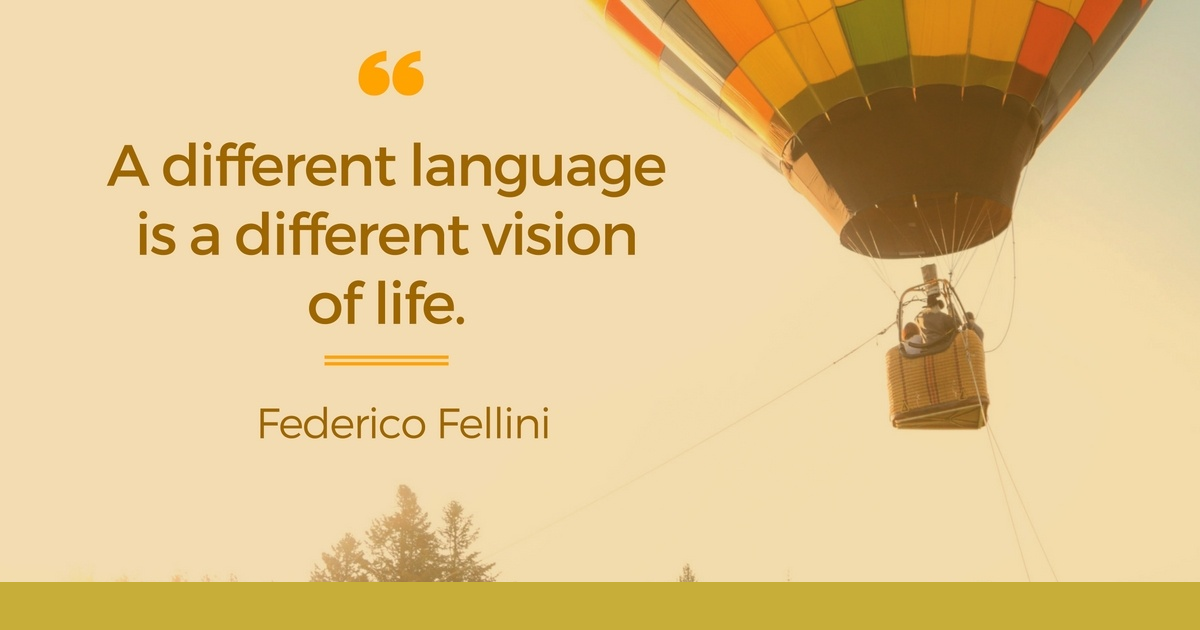Did you know that only 34 % of young people around the world can demonstrate accurate knowledge of HIV prevention and transmission? And that two out of three girls in some countries have no idea of what is happening to them when they begin menstruating? These are some of the reasons why there is an urgent need for quality comprehensive sexuality education (CSE).
Earlier this month, UNESCO published a fully updated International Technical Guidance on Sexuality Education, which advocates for quality CSE to promote health and well-being, respect for human rights and gender equality, and empowers children and young people to lead healthy, safe and productive lives.
What is Comprehensive Sexuality Education?
Comprehensive sexuality education is a curriculum-based process of teaching and learning about the cognitive, emotional, physical and social aspects of sexuality. It aims to equip children and young people with knowledge, skills, attitudes and values that will empower them to realize their health, well-being and dignity; develop respectful social and sexual relationships; consider how their choices affect their own well-being and that of others; and understand and ensure the protection of their rights throughout their lives.
Why do young people need comprehensive sexuality education?
Too many young people receive confusing and conflicting information about relationships and sex, as they make the transition from childhood to adulthood. This has led to an increasing demand from young people for reliable information, which prepares them for a safe, productive and fulfilling life. When delivered well, CSE responds to this demand, empowering young people to make informed decisions about relationships and sexuality and navigate a world where gender-based violence, gender inequality, early and unintended pregnancies, HIV and other sexually transmitted infections (STIs) still pose serious risks to their health and well-being. Equally, a lack of high-quality, age- and developmentally-appropriate sexuality and relationship education may leave children and young people vulnerable to harmful sexual behaviours and sexual exploitation.
CSE plays a crucial role in addressing the health and well-being of children and young people. Applying a learner-centered approach, CSE not only provides children and young people with age-appropriate and phased education on human rights, gender equality, relationships, reproduction, sexual behaviours risks and prevention of ill health, but also provides an opportunity to present sexuality with a positive approach, emphasizing values such as respect, inclusion, non-discrimination, equality, empathy, responsibility and reciprocity.
What does the evidence say about CSE?
There is significant evidence on the impact of sexuality education. It emphasizes that:
Sexuality education has positive effects, including increasing young people’s knowledge and improving their attitudes related to sexual and reproductive health and behaviors.
Sexuality education – in or out of schools – does not increase sexual activity, sexual risk-taking behaviour or STI/HIV infection rates.
Programmes that promote abstinence as the only option have been found to be ineffective in delaying sexual initiation, reducing the frequency of sex or reducing the number of sexual partners. Programmes that combine a focus on delaying sexual activity with other content are effective.
‘Gender-focused’ programmes are substantially more effective than ‘gender-blind’ programmes at achieving health outcomes such as reducing rates of unintended pregnancy or STIs..
Sexuality education has the most impact when school-based programmes are complemented with the involvement of parents and teachers, training institutes and youth-friendly services.
Why have technical Guidance on sexuality education?
Countries are increasingly acknowledging the importance of equipping young people with knowledge and skills to make responsible choices for their lives. CSE supports young people’s empowerment by improving their analytical, communication and other life skills for health and well-being in relation to sexuality, human rights, values, healthy and respectful relationships, cultural and social norms, gender equality, non-discrimination, sexual behaviour, violence and gender-based violence, consent, sexual abuse and harmful practices.
What is new in the revised Guidance?
The original international technical Guidance published in 2009 positioned sexuality education primarily as part of the HIV response. However, while HIV prevention remains important, evidence and practice demonstrate that sexuality education has a much broader relevance to other issues, not only for young people’s sexual and reproductive health but also for their overall wellbeing and personal development.
The revised Guidance presents sexuality with a positive approach, recognizing that CSE goes beyond educating about reproduction, risks and disease. It reaffirms the position of sexuality education within a framework of human rights and gender equality. It and reflects the contribution of sexuality education to the realization of several internationally agreed commitments in relation to sexual and reproductive health, as well as the achievement of the goals in the 2030 Agenda in relation to health and well-being, quality and inclusive education, gender equality and women and girls empowerment.
Fuente:
https://en.unesco.org/news/why-comprehensive-sexuality-education-important
MOTIVO POR CUAL SELECCIONE ESTE ARTÍCULO
Considero que es un tema que está muy a flor de piel tanto en las instituciones educaticas como en las familias, ya que la desinformación sobre lo que se pretende es muy grande. Por este motivo subo este material.
Natali Stábile - 4to A 2019



Por eso al momento de una educación sexual, hay que tener bien claro el concepto de sexualidad, como tu lo expresas al inicio, y también conocimiento del tema a tratar.
ResponderBorrarLa sexualidad es algo fundamental en el ser humano, nos atraviesa tal, que influye en nuestro comportamiento y en cómo nos mostramos al mundo, lo que nos afecta y lo que nos satisface.
En este aspecto, también es muy importante el trabajo con las familias, que ellas estén informadas, y no se le genere una confusión al niño. El trabajo en talleres entre familia-estudiante, son muy buenas prácticas.
Muy interesante el artículo. Como se expresa anteriormente considero que es sumamente importante trabajar la educación sexual con los niños y niñas en la escuela ya que esta constituye una dimensión constitutiva de la personalidad, estando presente en todo momento de la vida.
ResponderBorrarThank you for sharing this interesting article!
ResponderBorrar